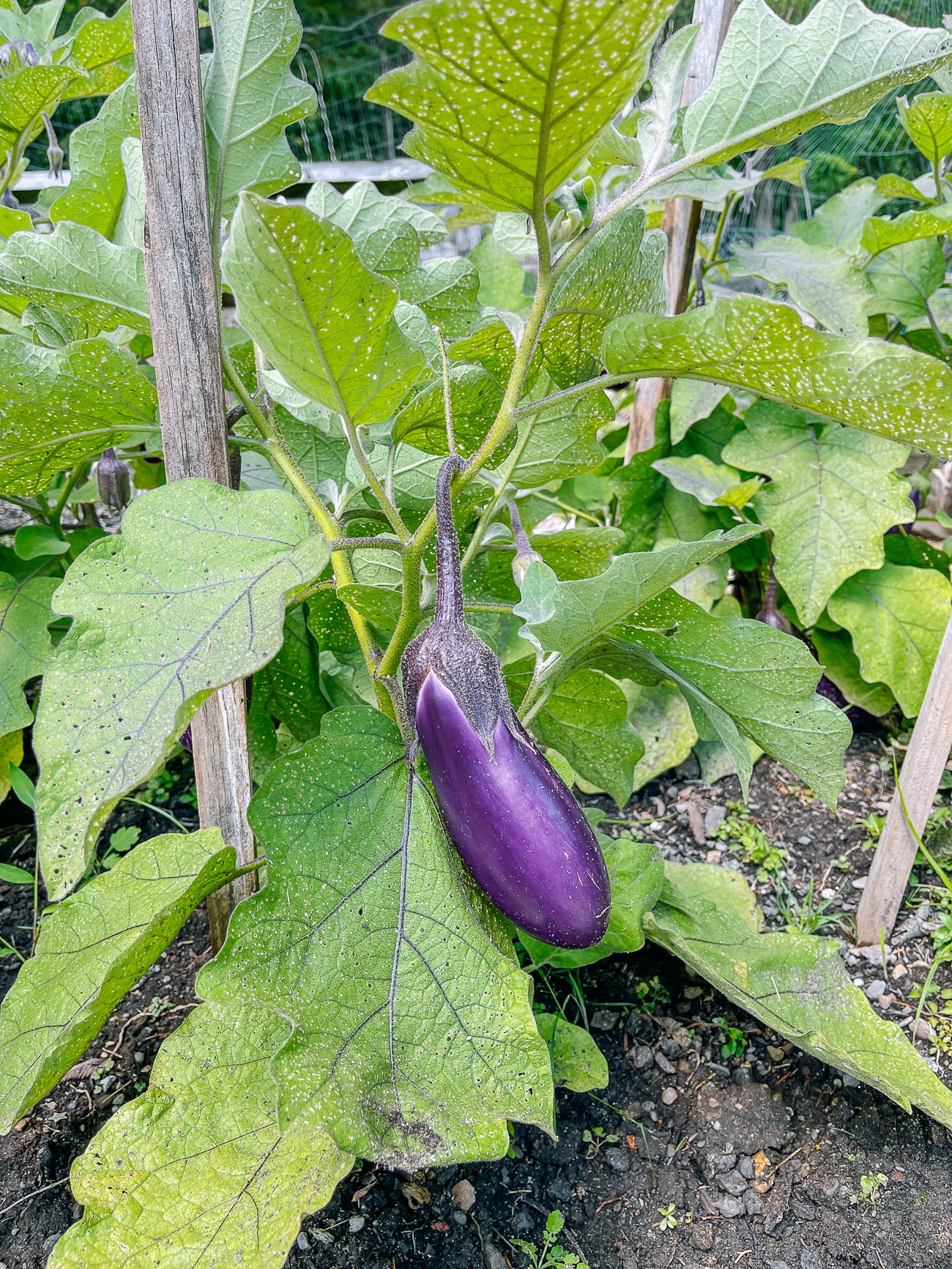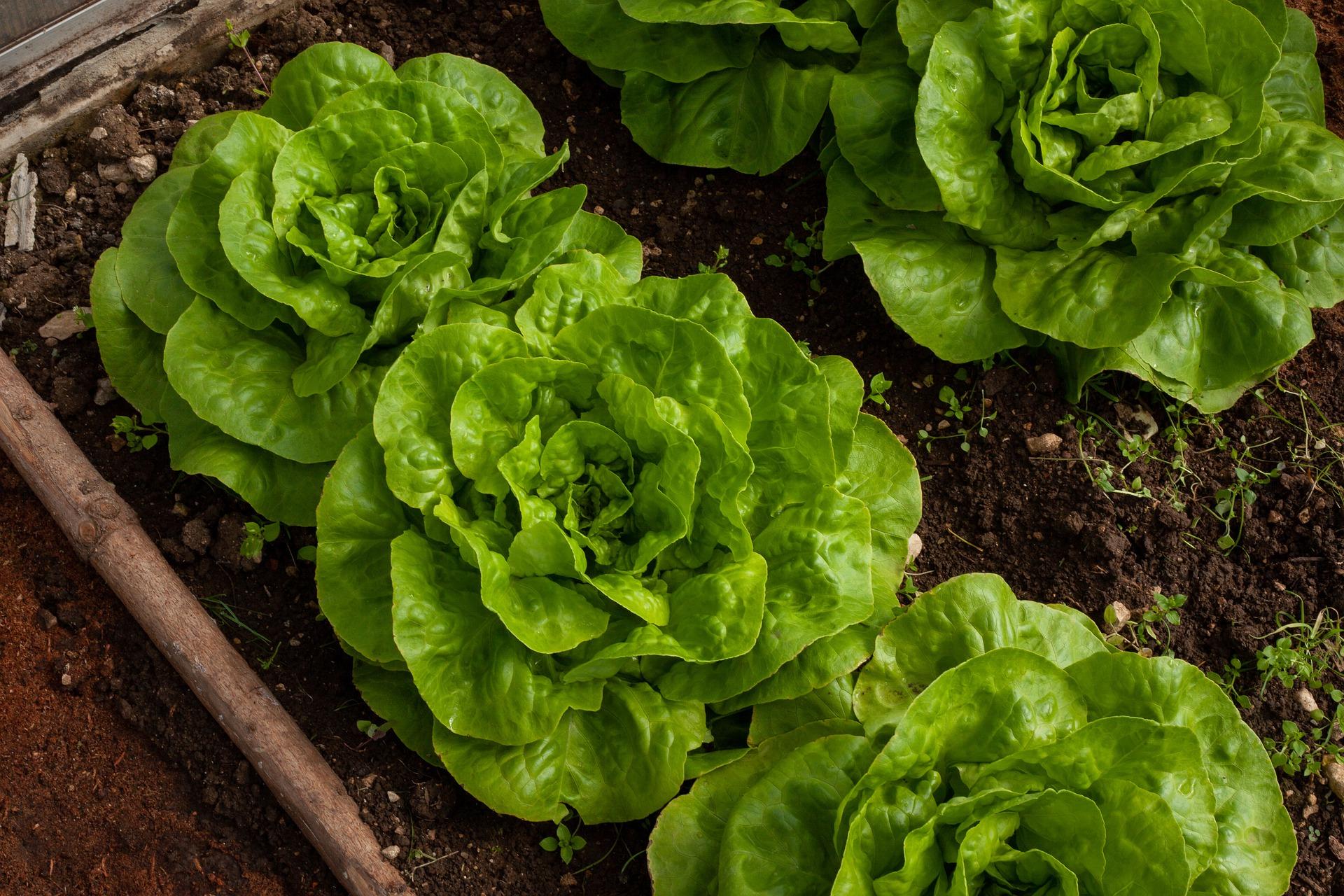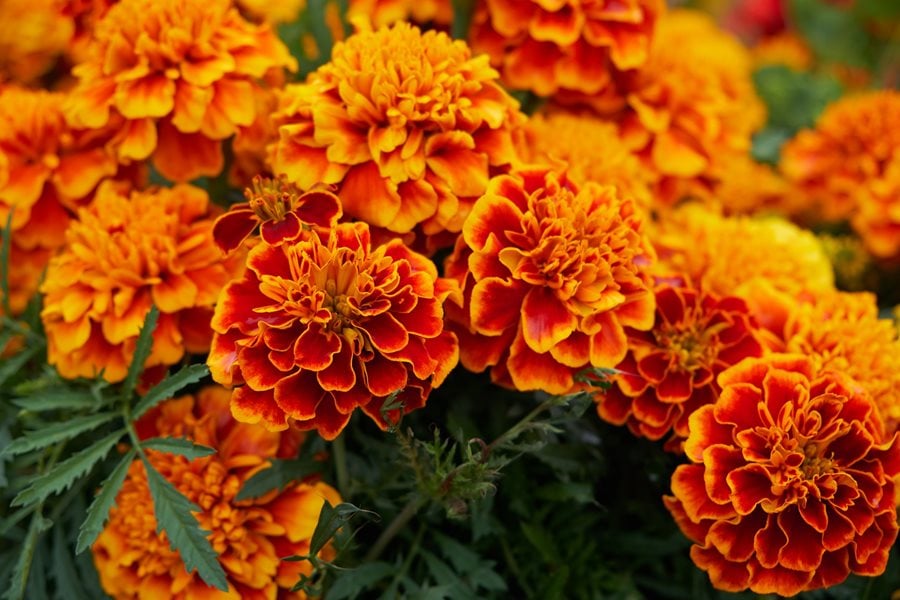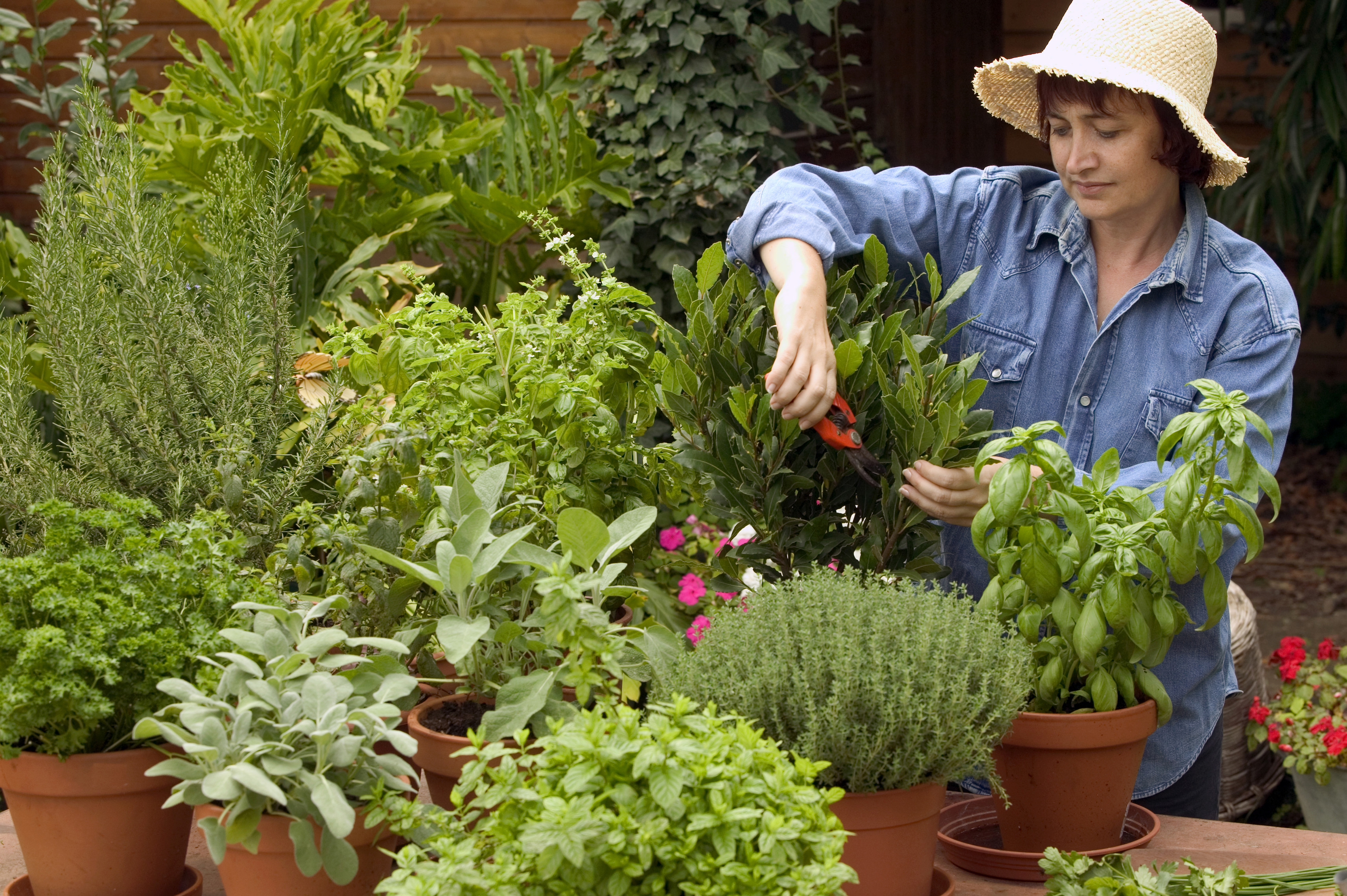The Ultimate Guide To Companion Planting Passionfruit
The Ultimate Guide to Companion Planting Passionfruit
Passionfruit is a delicious and versatile fruit that can be enjoyed in a variety of ways. Whether you like to eat it fresh, juice it, or use it in baking, passionfruit is a great addition to any diet.
One of the best ways to ensure a bountiful harvest of passionfruit is to plant it with companion plants. Companion planting is the practice of planting different types of plants together in order to benefit each other. Some companion plants can help to attract beneficial insects, deter pests, or improve the soil quality.
If you're looking to grow passionfruit, here are some of the best companion plants to consider:
- Beans: Beans are nitrogen-fixing plants, which means they can help to improve the soil quality for your passionfruit vine. They can also help to attract beneficial insects, such as ladybugs and lacewings.
-(2).jpg)
- Carrots: Carrots release a substance that can help to repel nematodes, which are pests that can damage passionfruit vines.
- Cucumbers: Cucumbers and passionfruit vines can both grow in the same type of soil and climate. They can also help to shade each other from the sun, which can be beneficial in hot climates.
- Eggplant: Eggplant can help to attract beneficial insects, such as parasitic wasps, that can help to control pests.

- Lettuce: Lettuce can help to suppress weeds, which can free up your time and energy to focus on caring for your passionfruit vine.

- Marigolds: Marigolds can help to repel pests, such as mosquitoes, aphids, and whiteflies. They can also attract beneficial insects, such as ladybugs and lacewings.

- Nasturtiums: Nasturtiums can help to repel pests, such as aphids and whiteflies. They can also attract beneficial insects, such as ladybugs and lacewings.

- Onions: Onions can help to repel pests, such as aphids, whiteflies, and mosquitoes. They can also help to improve the soil quality for your passionfruit vine.
- Peas: Peas are nitrogen-fixing plants, which means they can help to improve the soil quality for your passionfruit vine. They can also help to attract beneficial insects, such as ladybugs and lacewings.
- Spinach: Spinach can help to suppress weeds, which can free up your time and energy to focus on caring for your passionfruit vine. It can also help to improve the soil quality for your passionfruit vine.

In addition to these companion plants, you can also consider planting passionfruit with other vines, such as cucumbers, melons, and squash. These plants can help to support each other and provide shade from the sun.
When choosing companion plants for your passionfruit vine, it's important to consider the size of the plants and their sunlight and water requirements. You'll also want to make sure that the plants you choose won't compete with each other for nutrients.
By planting passionfruit with companion plants, you can help to ensure a healthy and productive vine. With a little planning, you can enjoy delicious passionfruit for years to come.
Passionfruit is a delicious and versatile fruit that can be enjoyed in many different ways. But did you know that companion planting can help to improve the growth and productivity of your passionfruit vines?
Companion planting is the practice of planting certain plants together to benefit each other. Some plants, like passionfruit, can benefit from being planted near other plants that attract beneficial insects, provide shade, or improve the soil quality.
If you're interested in learning more about companion planting passionfruit, I recommend visiting Gardenia Inspiration. This website provides a comprehensive guide to companion planting, including information on the best plants to grow near passionfruit vines.
FAQ of companion planting passionfruit
Question 1: What are some good companion plants for passionfruit?
Answer: Passionfruit can be planted with a variety of other plants, but some of its best companions include:
- Nitrogen-fixing plants: Passionfruit is a heavy feeder, so it benefits from being planted near nitrogen-fixing plants, such as beans, peas, and clover. These plants add nitrogen to the soil, which helps the passionfruit to grow and produce fruit.
- Herbs: Passionfruit is also a good companion for herbs, such as basil, mint, and rosemary. These herbs help to repel pests and attract pollinators, which can help to improve the health and productivity of the passionfruit plant.
- Flowers: Passionfruit can also be planted with flowers, such as marigolds, nasturtiums, and sunflowers. These flowers help to attract pollinators and add beauty to the garden.
Question 2: Do passionfruit need two plants to produce fruit?
Answer: No, passionfruit are self-fertile, so they do not need two plants to produce fruit. However, planting two or more plants of the same variety can help to increase the yield of fruit.
Question 3: What are some pests and diseases that can affect passionfruit?
Answer: Passionfruit can be susceptible to a number of pests and diseases, including:
- Passionfruit vinehopper: This insect sucks the sap from the passionfruit vine, which can cause the leaves to wilt and the fruit to drop.
- Passionfruit mealybug: This insect also sucks the sap from the passionfruit vine, and it can also produce a sticky substance that attracts ants.
- Passionfruit wilt: This disease is caused by a fungus, and it can kill the passionfruit vine.
- Passionfruit mosaic virus: This virus can cause the leaves of the passionfruit vine to become mottled and yellow.
Question 4: How can I prevent pests and diseases from affecting my passionfruit plants?
Answer: There are a number of things you can do to prevent pests and diseases from affecting your passionfruit plants, including:
- Planting resistant varieties: There are a number of varieties of passionfruit that are resistant to pests and diseases.
- Staking the plants: Staking the passionfruit plants will help to keep them upright and prevent them from being damaged by pests and diseases.
- Watering regularly: Passionfruit plants need to be watered regularly, especially during hot, dry weather.
- Fertilizing regularly: Passionfruit plants need to be fertilized regularly, especially during the growing season.
- Inspecting the plants regularly: Inspecting the plants regularly for signs of pests and diseases is important. If you see any problems, take action immediately to prevent the problem from spreading.
Question 5: What are some tips for companion planting passionfruit?
Answer: Here are some tips for companion planting passionfruit:
- Plant passionfruit in a sunny spot with well-drained soil.
- Plant passionfruit near nitrogen-fixing plants, such as beans, peas, and clover.
- Plant passionfruit near herbs, such as basil, mint, and rosemary.
- Plant passionfruit near flowers, such as marigolds, nasturtiums, and sunflowers.
- Water passionfruit regularly, especially during hot, dry weather.
- Fertilize passionfruit regularly, especially during the growing season.
- Inspect passionfruit regularly for signs of pests and diseases.
Image of companion planting passionfruit
Here are 5 different images of "companion planting passionfruit" from Pinterest:
- Image 1: A passionfruit vine growing up a trellis next to a row of tomatoes.

- Image 2: A passionfruit vine growing alongside a bed of lettuce and spinach.
- Image 3: A passionfruit vine growing next to a bush of lavender.

- Image 4: A passionfruit vine growing alongside a row of beans.

- Image 5: A passionfruit vine growing next to a tree of citrus fruits.

Post a Comment for "The Ultimate Guide To Companion Planting Passionfruit"